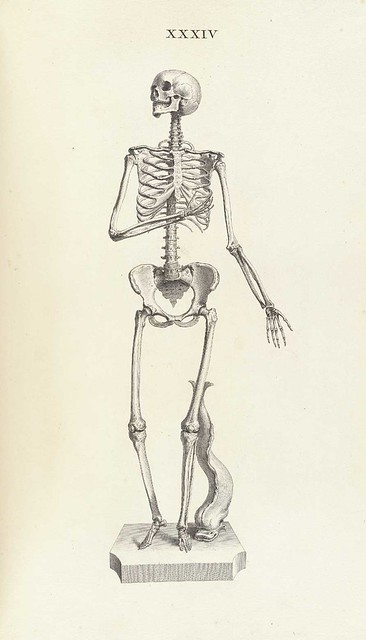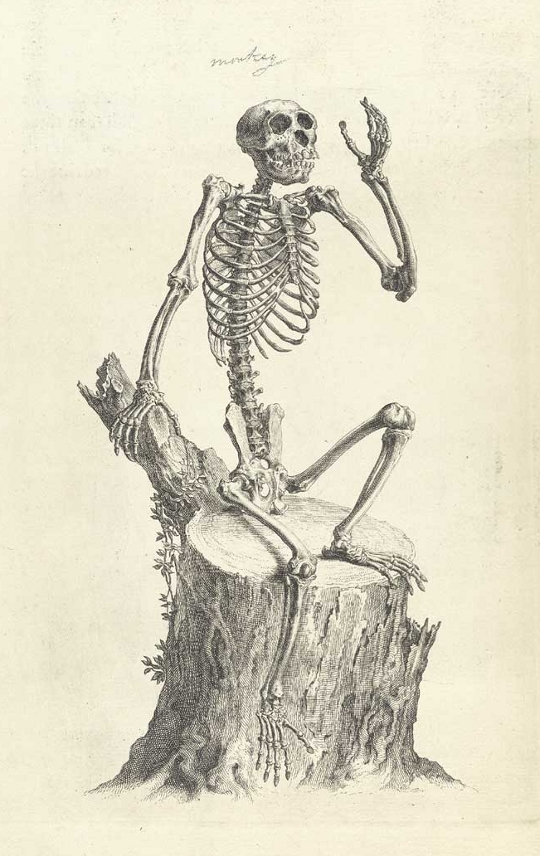I have
tried three times to have my name removed from the membership rolls of theChurch of Jesus Christ of Latter-Day Saints, more commonly called the Mormon
Church, only to have my requests go ignored. Technically, I am still counted as
a member, in spite of my strong agnosticism and sinful habits, such as my
undying love for all things coffee.
Last week
the Mormon Church excommunicated Kate Kelly, who does believe in the Mormon faith. Her “sin” was to found an organization called Ordain Women, which called
on the authorities to prayerfully consider the matter of granting women the
priesthood. A mild request and one that would have made Mormonism a much
friendlier religion. But Kelly was excommunicated, kicked out of the church
that she loved so much.
Kate Kelly
wants nothing more than to remain a member of the Mormon Church. I want nothing
more than to leave. Neither of us have had our wishes fulfilled. I have had
authorities talk down to me, questioning my maturity and the wisdom of my
decision. Kelly’s worthiness was discussed in a private meeting, which Kelly
was not privy to, with an all-male board deciding that excommunication was
necessary.
One woman
wants to stay in. Another woman wishes to leave. Neither of us have been
granted what we desire. And in the middle is a church that seems desperate for
control. Control over a pesky woman who dared asked for equal rights. Control
over a pesky apostate who wants to leave.
Perhaps
it seems small. Kelly can continue to advocate for equal rights outside of
Mormonism. I haven’t been to church in years. But the reality is that these
actions create a long chain of undesirable reactions. Already Kelly has been
branded a sinner, a troublemaker, by the simple act of excommunication.
Everything she has worked for has been tainted by the label of apostasy. I, on
the other hand, run the risk of being hunted down by the missionaries and local
authorities. Within Mormonism, being hunted down is the norm, rather than the
exception. When I have children, their names will be put on the membership
rolls. When these children turn eight, there is a strong probability that the
missionaries will turn up on my doorstep to convince my children that their
eternal salvation rests on baptism. No parent wants a nineteen-year old kid
telling their child that Mommy and Daddy are wrong and bound for hell. I could
hope that the missionaries and church members would respect my rights as a
parent – but I have seen members and missionaries overstep the
boundaries a thousand times before, all in the name of religious zeal.
I
sincerely hope that Kate Kelly finds peace in moving forward. I have found my own peace, although it
fluctuates at times.
But maybe the secret is in not letting the Mormon Church
control us. I’ll find a way to get past my failed resignation attempts and see
the manipulations of the Mormon Church for what it really is – the futile
attempts of a church that is desperate to avoid facing its own impotence and
irrelevance.







